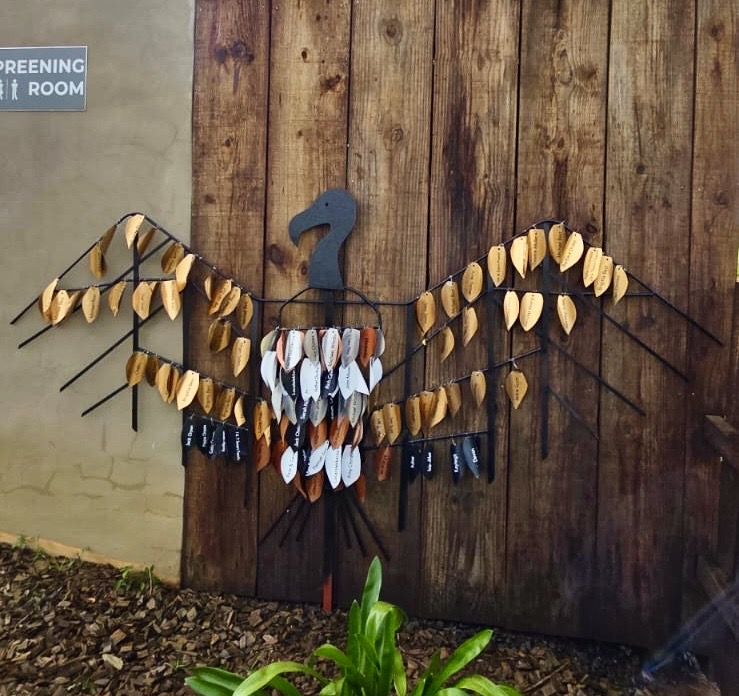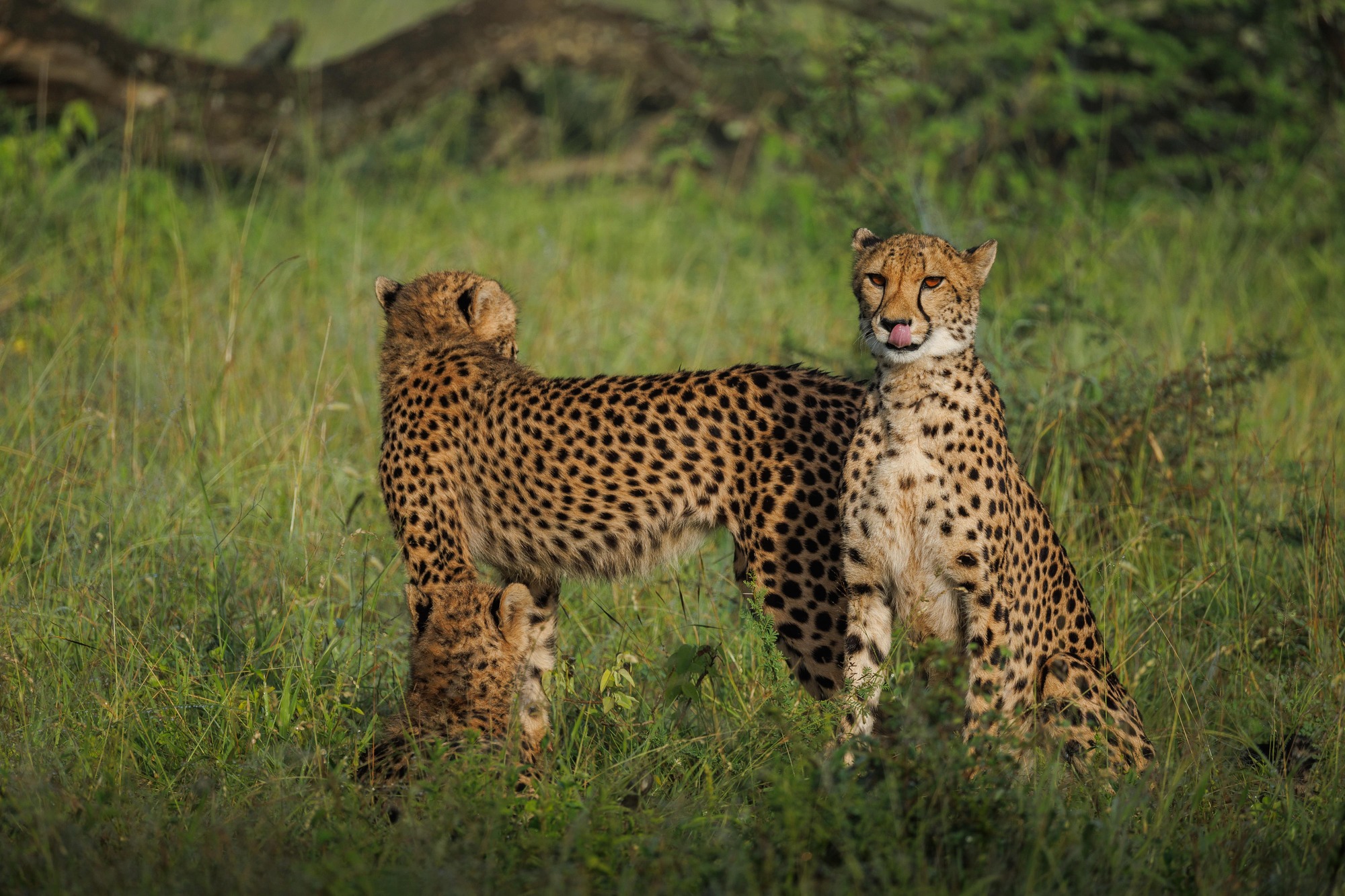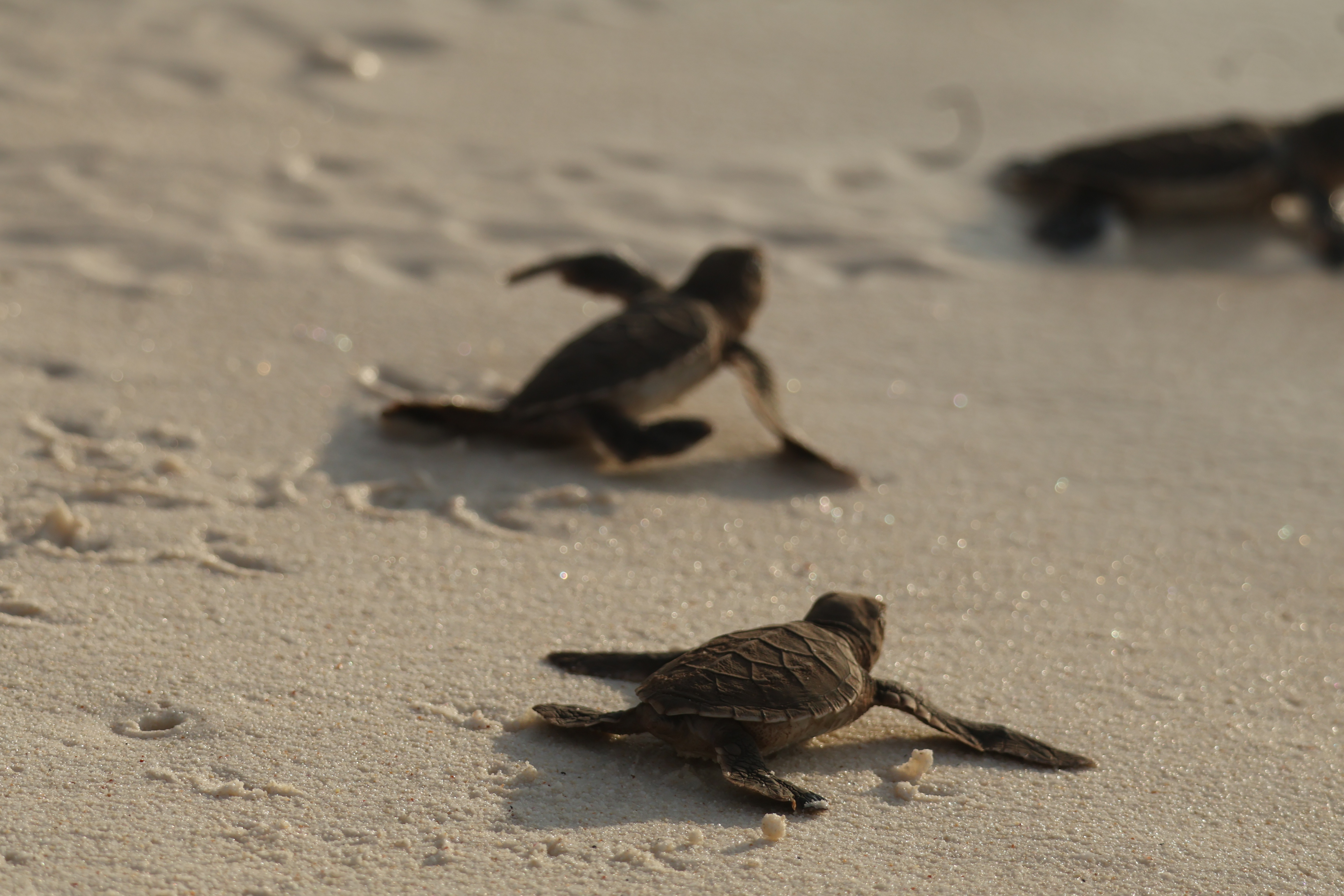In an official release to stakeholders yesterday, Minister Barbara Creecy of the Department of Environment, Forestry and Fisheries (DEFF) took crucial and long-awaited steps towards changing the status quo of the commercial captive Lion breeding industry and the South African government's current stance towards the trading of Rhino horn and Elephant ivory.
Creecy announced that "South Africa will no longer breed captive Lions, keep Lions in captivity, or use captive Lions or their derivatives commercially" and has instructed her Department to begin the process of putting an end to the sale of Lion bone, canned hunting, and cub-petting and other tourist activities involving captive-bred Lions.
The report further identified the need to put a stop to the intensive farming and breeding of Rhino too, suggesting that the destruction of ivory and Rhino horn stockpiles should be considered.

"We are very excited about the forward-thinking stance taken by the South African government to shut down the exploitation of our wildlife for commercial and private gains. We have worked alongside a number of conservation partners to support government in this decision-making process, but really need to highlight the critical role that the team at Blood Lions have had through this and how our partnership with them has enabled us to be more involved in these policy recommendations" - Dr Simon Morgan, Wildlife ACT Co-founder and Trustee.
In an Appeal to Government High-Level Panel to Review Existing Wildlife Policies, Legislation & Practices published by Wildlife ACT in June last year, Simon said, "We need to stop the debating, time-wasting and division of effort by finally putting this to rest. There is just not enough sound research, or local and global support to consider trade of Lion bone anymore, as well as that of ivory Rhino horn. Our efforts in South Africa need to fall into place with this greater conversation."

Community Conservation Manager, Zama Ncube, who represented at a High-Level Panel discussion last year, says:
"This is great news and something that we have been waiting for, for so long. It's great news for local people, the Parks, and private protected areas that are working to protect these magnificent creatures to benefit local heritage. This is also good news for the organisations which work tirelessly to educate people about the importance of conservation. It shows that government is now listening to the people and seeing the value of having these animals where they belong, as protected areas are working closely with the community to create job opportunities in this space."
Let us continue to unite with a single objective and forge a path to develop stronger political will to help halt the exploitation of our wildlife and subsequently the illegal wildlife trade altogether. It doesn’t help just doing that in South Africa, we need it to include Asian states and global partners. Let the world, which is holding summits and symposiums on the matter, see that we are standing together and appreciating their efforts.




.jpg)





